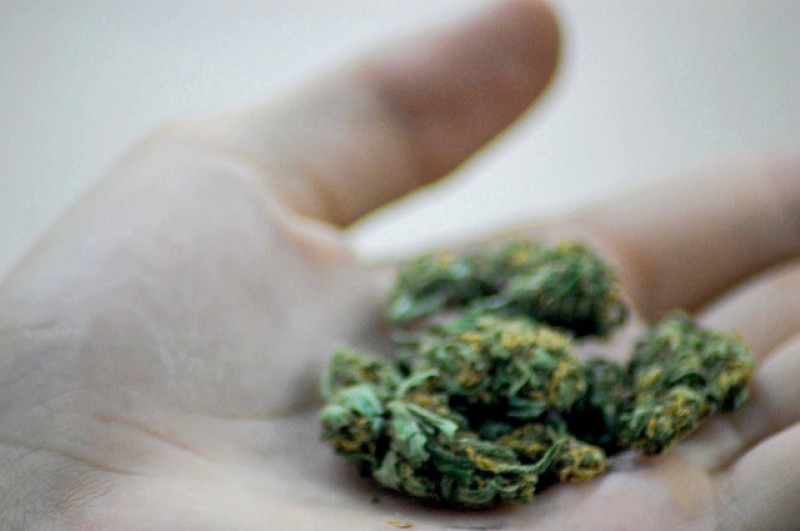
A new study has shown that marijuana consumption in the state of Washington slightly increased after it was legalized in 2012.
The study was conducted by the University of California, Davis and Columbia University's Mailman School of Public Health, and was published in JAMA Pediatrics earlier this week.
Marijuana use increased by 2 percent among 8th graders and 4 percent among 10th graders in Washington after it was legalized by the state.
The authors suggest that marijuana use may have increased because of reduced stigma about marijuana.
"Our findings suggest that legalization of recreational marijuana use in 2012 reduced stigma and perceptions of risk associated with marijuana use. A shift in social norms regarding marijuana use may have, in turn, increased marijuana use among adolescents in Washington," the study says.
The research concluded that the perceived harmfulness of marijuana declined by 14.2 percent among the 8th graders, and 16.1 percent among the 10th graders. The perceived harmfulness of marijuana use also decreased in other states, but by a lesser proportion comparatively.
In states that have not legalized marijuana, its perceived harmfulness declined by 4.9 percent among eighth graders, and 7.2 percent among 10th graders, while marijuana use declined by 1.3 percent and 0.9 percent among the same age groups.
"While legalization for recreational purposes is currently limited to adults, potential impacts on adolescent marijuana use are of particular concern," said Magdalena Cerdá, the lead author of the study.
The research is based on analysis of data provided by 253,902 adolescents in 47 states.
However, no significant difference in marijuana consumption was found in Colorado among 8th, 10th, and 12th graders.
"Colorado had a very developed medical marijuana dispensary system prior to legalization, with substantial advertising, to which youth were already exposed. Washington, on the other hand, did not provide legal protection to medical marijuana stores. Therefore, the degree of commercialization and advertising of these collectives was substantially lower than in Colorado," the authors noted.
The study suggested investment in advertisements and "evidence-based adolescent substance use prevention programs" in states that might consider legalizing marijuana.
"I'd like to encourage everyone to continue to send the empirically supported message that recreational cannabis use early in life is bad for brain development, just like binge drinking, restrictive dieting and head injury," said Mitch Earleywine, a professor of psychology at the State University of New York at Albany. "Let's use tax dollars generated from the new market to help spread the word."



















